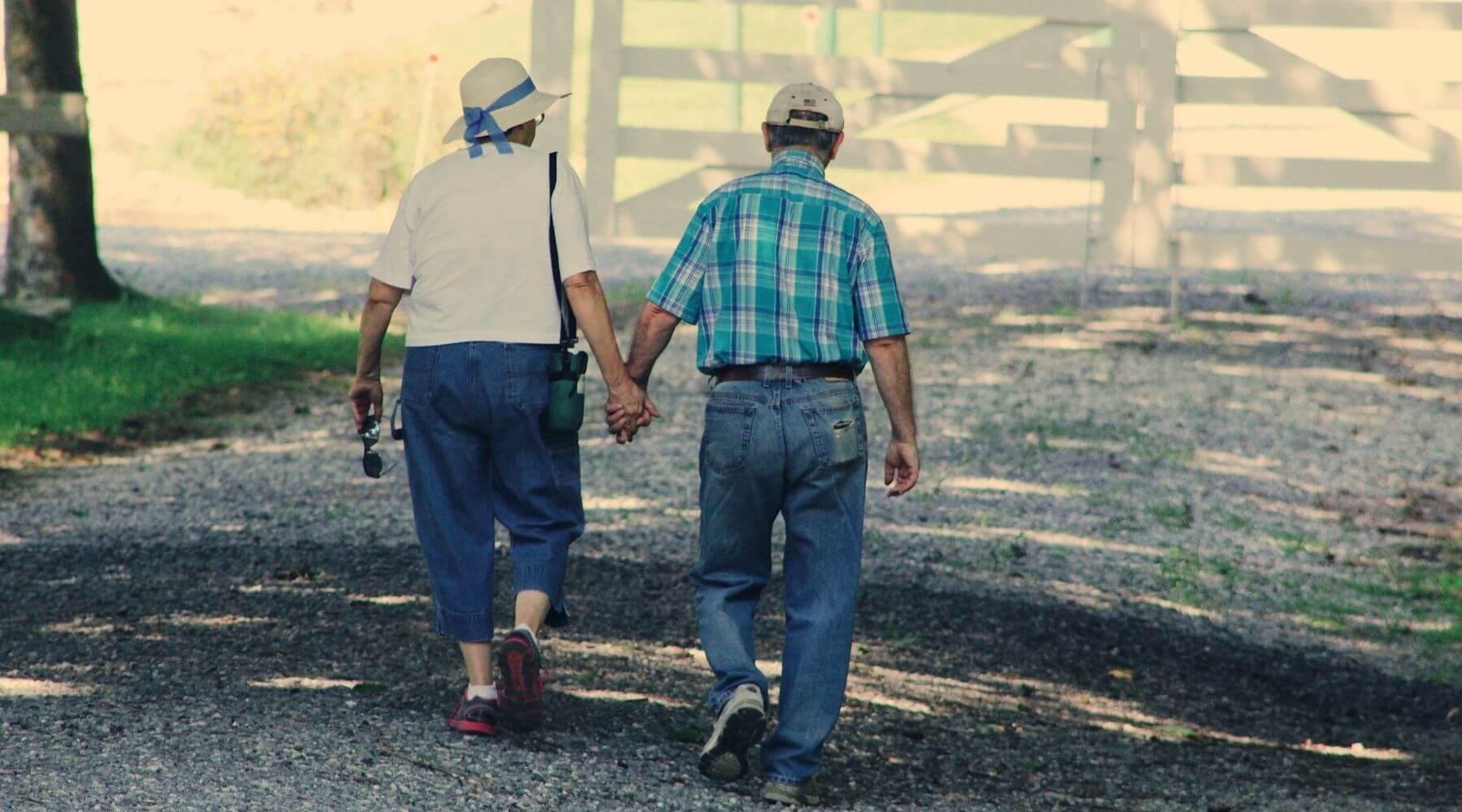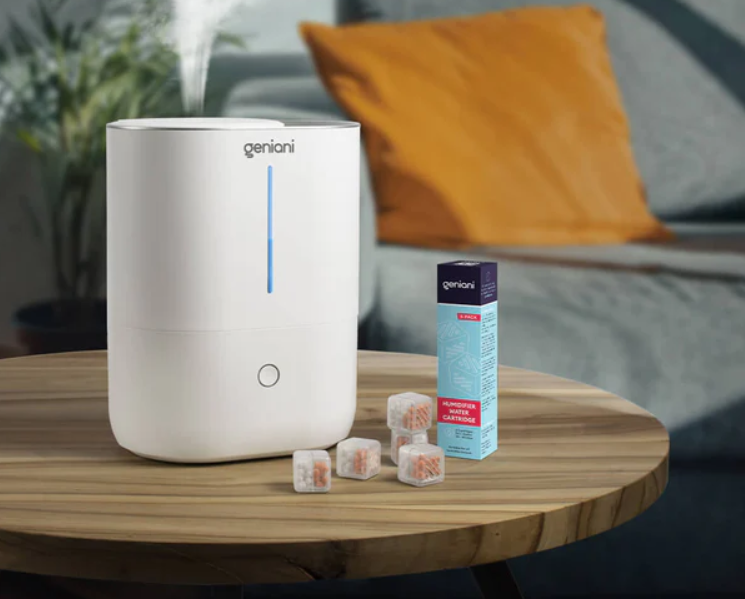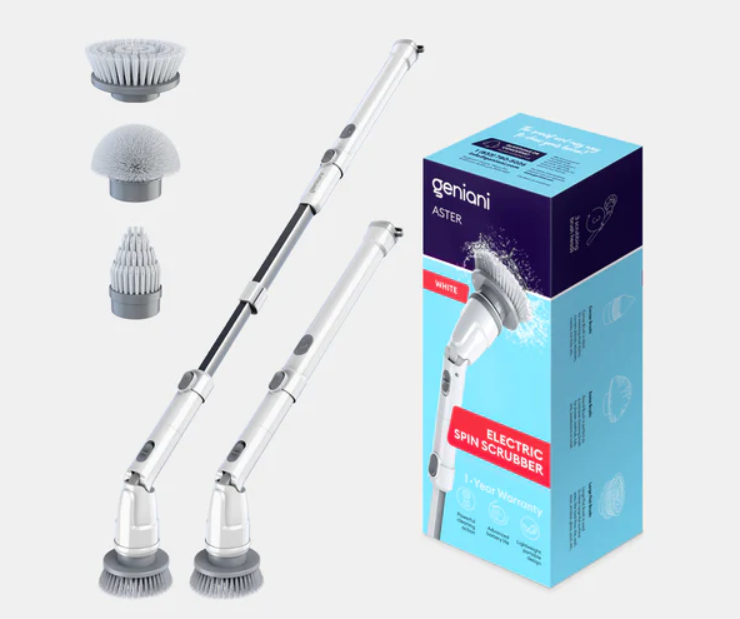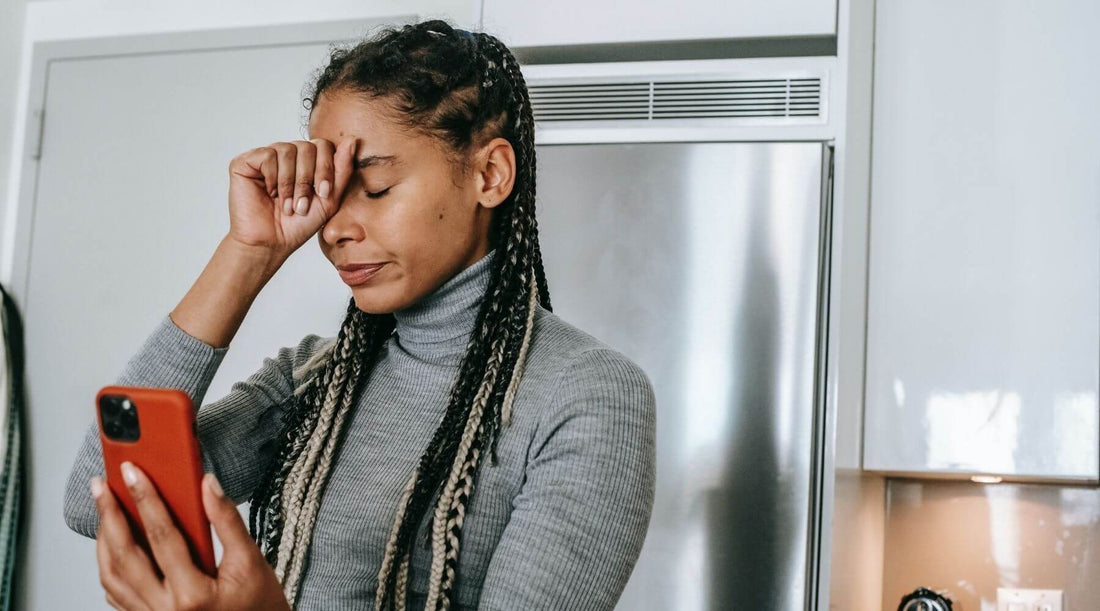Summer safety tips for seniors
Summer is here and with it comes vacations, outdoor activities, long days at the pool, and a lot more time outside in the sun. It’s a time to celebrate being with friends and family, but it’s also important to remember that summer brings unique challenges and dangers to seniors. It’s important to be aware of summer dangers so you can make the most of the season! Let’s discuss the wide range of senior health tips for summer.
Why are seniors at risk
Seniors are much less safe from the harmful effects of heat. The reason is that their bodies don’t adapt to sudden changes in temperature. Some chronic diseases and prescription medications can impair the body’s ability to react efficiently to rising temperatures. In extreme heat, the body must work extra hard to maintain a healthy temperature. Older adults are at higher risk of heatstroke, heat cramps, heat exhaustion, and other serious health issues due to poorer circulation and less effective sweating that comes with aging.
Hot weather tips for the elderly
With these facts in mind, it’s important for older adults to take extra care in how they conduct themselves outdoors under the summer sun. Fortunately, there are simple tips to follow to avoid disaster and enjoy the summertime without worry. We want our elderly friends and relatives to live their lives to the fullest, and staying safe in the sun is the best way to make that happen. These summer health tips for senior citizens will be helpful.
-
Stay hydrated

Seniors are more affected by dehydration than younger people. They lose their ability to conserve water as they age. They can also become less aware of their thirst and have difficulty adjusting to temperature changes. Remember to drink water often. It will be better if you pack some for those long summer drives.
-
Talk to your doctor

Check your health to make sure any medications you are on won’t be affected by higher temperatures. You need to do that asap if you don’t have air conditioning in your home. Some medications are less effective if stored at temperatures higher than room temperature (about 78 degrees Fahrenheit), and the last thing anyone wants is for a preventable medical condition to become aggravated due to high temperatures.
-
Buy a humidifier
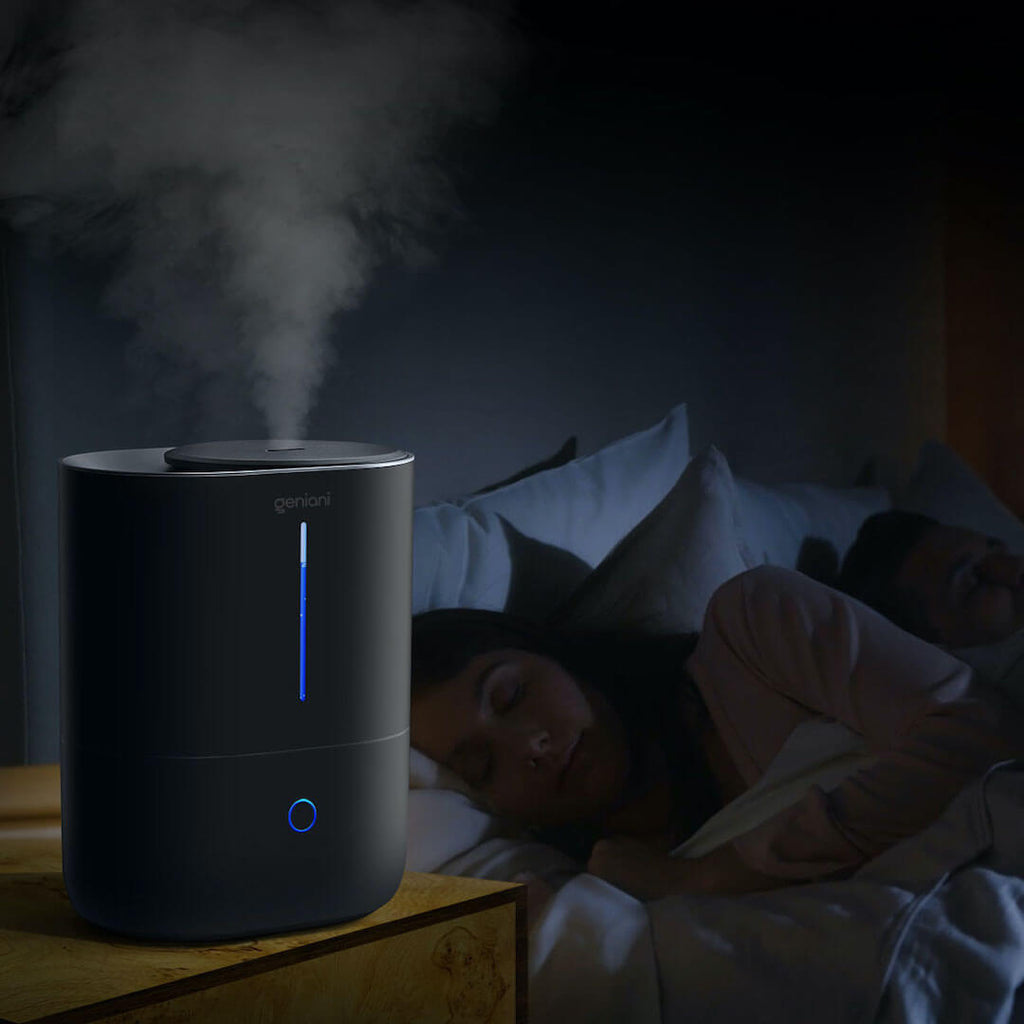
Summer is when the indoor humidity level drops significantly. Dry air increases the possibilities of skin allergies and cold symptoms. Thus, using a humidifier during summer can prevent negative health scenarios as it creates a mist of cool air indoors, treating the issues brought by dry air.
-
Keep your cool

Even small increases in temperature are dangerous for seniors. It can shorten the life of those who suffer from chronic medical conditions. Cool spaces such as shopping malls, movie theaters, and libraries are safer for seniors because of the air conditioning. We advise buying a great appliance to keep the air in your home cool and fresh all year round.
-
Stay in touch
High temperatures can be life-threatening. Therefore, seniors should be socially active and keep in communication with other people. Communication plays an important role in ensuring the safety of aging adults. Plus, seniors should let friends and family know if they’ll be spending a huge amount of time outdoors, even if they’re only gardening.
-
Know who to call
It is a great tip to make a list of emergency phone numbers and place them in an easy-to-access place. This will help seniors to call and ask for help quickly if needed. This helps prevent any issues or medical problems from getting worse.
-
Meet your neighbors
Get in touch with those who live in your neighborhood and learn a bit about them and their schedules. If you’re a senior, see if a younger neighbor — perhaps even one of their kids — can come by and check on you occasionally to make sure everything is all right. The extra company and friendship that can result is a bonus.
-
The right stuff

Everyone should dress for the weather, especially seniors. When it’s warm out, better to choose natural fabrics (such as cotton) to be cooler than synthetic fibers. Stock your summer wardrobe with light-colored and loose-fitting clothes to help feel cooler and more comfortable.
-
Protect your eyes

Vision loss can be common among seniors, and too much exposure to the sun can irritate eyes and cause further damage. Wearing sunglasses can protect your eyes from harmful UV rays and preserve your vision.
-
Know the risks of hyperthermia
During the summer, be particularly cautious about abnormally high body temperatures — a condition known as hyperthermia. Make sure you know the warning signs and get medical attention immediately if you or anyone you know is experiencing these symptoms:
- Body temperature (better than 104 degrees);
- Dry, flushed skin.
- Nausea and vomiting.
- Headache.
- Heavy breathing or a rapid pulse.
- Not sweating, even if it’s hot out.
- Fainting.
Elderly individuals have a harder time knowing when they are dehydrated and their bodies have more difficulty regulating their temperatures. As a result, they are more prone to heatstroke. Ask for medical help and get out of the heat if you (or an elderly loved one) start to feel any of these symptoms. Then, lie down and place ice packs on your body.
-
Put on sunscreen and wear hats

Everyone should wear sunscreen when outdoors. Seniors particularly need extra sun protection to help keep them healthy. Remind loved ones about applying sunscreen and help to put it on when necessary. Hats are also a great idea, especially for those with light-colored hair and those with only distant memories of a full head of hair.
-
Apply bug spray
Seniors are particularly prone to West Nile Virus and encephalitis, Factora says. If you live in areas where there are a lot of mosquitoes and where the West Nile Virus is present, and if you spend a lot of time outdoors (particularly at night), use mosquito repellent to help reduce the risk of getting bit by a mosquito carrying this virus.
-
Exercise smart
If you enjoy outdoor activities, such as walking or gardening, make sure you wear the proper clothing and protective gear. It’s also important to keep track of time. Don’t stay out for long periods and make sure to drink even more water than usual when exercising. Also, consider getting outdoor exercise earlier in the morning or later in the evening, when the sun is not at its peak.
Signs of dehydration
Older adults often don’t realize they’re thirsty. It’s normal to lose water from your body every day by sweating, breathing, and through tears. Usually, you replace the lost liquid by drinking fluids and eating foods that contain water. If you lose too much water or don’t drink and eat enough, you can get dehydrated. There are common symptoms of dehydration:
- Thirst
- Dry or sticky mouth
- Dry, cool skin
- Headache
- Muscle cramps
- fatigue
- Rapid heartbeat
- Rapid breathing
- Sunken eyes
- Lack of energy
- confusion or irritability
Summer hydration tips for seniors
Of course, it is important that seniors stay active and healthy all year round. But when talking about summer and the possibility of a range of outdoor activities during this season, we should know some key tips that will help keep seniors safe. Hydration in the elderly can be easily managed with these 10 simple tips.
Eat healthily
Many fruits and vegetables contain large amounts of water to help with hydration. Some examples include watermelon, peaches, grapefruit, lettuce, tomatoes, and cucumbers. Try to eat more fruits and veggies if you don’t like to drink simple water all day long.
Keep water close by at all times
Sometimes, making it easy for seniors to serve themselves can encourage them to drink more water. Try keeping a lightweight pitcher of water and a cup near their favorite seat to make it quick and convenient to take a drink.
Try different beverages
Your senior may prefer hot drinks to cold, or the other way around. Experiment to find out which type they like better. Try different things like warming up juices, making decaf iced coffee with cream, or adding plain soda water to make tea or juice bubbly.
Try something savory
Seniors who enjoy savory foods may like to have hot soup broth instead of a sweet-tasting or more neutral beverage. The broth comes in the form of powder or a box or can. It really helps in the cold weather. If your senior is concerned about the amount of salt they’re eating ensure you get a low salt broth or make one at home with less salt.
Offer smoothies, milkshakes, or sports drinks

Some stubborn older adults may really resist drinking fluids. Try to make tasty smoothies, milkshakes, or sports drinks even if they’re not the healthiest choices. If seniors like the flavor or texture of these options, they may be more willing to drink them regularly.
Make popsicles
Homemade popsicles made from fruit juice or a mix of juice and water are a great treat and a great way to get more fluids into your senior.
Take frequent breaks
If you’re doing activities outside in the heat, or even indoors, make sure you are taking rest breaks. The heat can quickly decrease the energy levels of elderly individuals.
Act on early signs of dehydration
If the person you are caring for is showing early signs of dehydration, offer them a bottle of water, Gatorade, Powerade, or coconut water to replenish their electrolytes quickly.
Stay away from caffeine, sugary drinks, and alcohol
If too much coffee, juice, soda, wine, etc. is consumed, any one of them can actually speed up the dehydration process.
Know their medications
Some medications (like diuretics) can cause an elderly person to become dehydrated even faster than normal. Stay mindful of the medications they are taking so you can increase their normal fluid intake if necessary.
Safety tips for elderly people
Summer means we can all get excited about relaxing in the sun and engaging in some of our favorite outdoor activities. However, with the extra sunlight, higher temperatures and humidity come added health concerns — especially for an at-risk group like seniors. It’s important to recognize when hot weather is making you sick, and when to get help.




